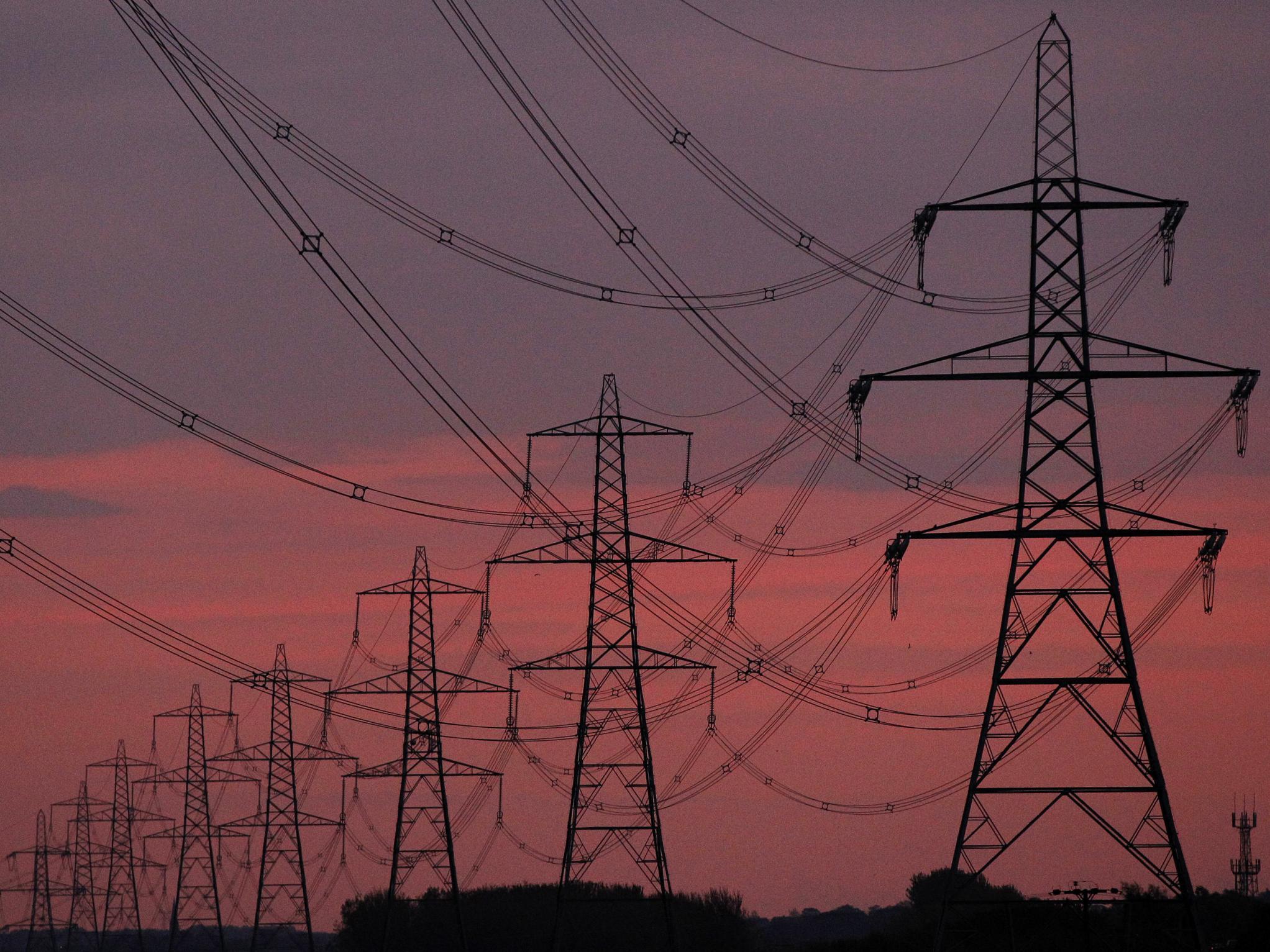Ignore whining energy companies, Ofgem is right to cap their returns
They’re characterising it as a missed opportunity to hasten the move to net zero. It’s not. They’re being treated very generously, says James Moore


It’s either a “massive missed opportunity” that’s “gravely at odds with the UK government’s ambition to boost investment in green infrastructure”, or it’s a bold plan to “transform Britain’s energy networks to deliver emissions-free green energy for GB along with world-class service and reliability”.
The former is the view of Scottish Power CEO Keith Anderson concerning Ofgem’s announcement of a £25bn plan aimed at sprucing and greening up Britain’s energy networks. You won’t be surprised to learn that the latter is Ofgem’s preferred characterisation of what it’s doing.
But which is correct? I suspect that anyone with knowledge of Britain’s dysfunctional energy system, which has been that way ever since the Conservative Party privatised it, would have said the second.
They will only have needed to read Anderson’s statement to see that. CEOs don’t usually issue angry press statements full of crocodile tears about missed opportunities to make Britain cleaner and greener without an ulterior motive.
In this case it can be found a few paragraphs into Ofgem’s release, at which point it addresses the “lowest ever rate of return on capital for network companies” and talks about “pushing companies to be much more efficient in how they run themselves”.
Anderson is cross because Ofgem wants to lower his profits.
The energy watchdog is proposing to force energy companies like Scottish Power to accept a cut of roughly 50 per cent in the returns they are allowed to make on their investments in their networks.
It looks like a lot until you consider that under the proposals they’re still allowed to make 3.95 per cent return on a monopoly activity.
What we’re talking about here is not what we consumers pay for our energy, which companies compete with each other to source and then supply to us. It’s the fixed part of the bill covering network charges – in other words, the money we pay for the infrastructure that transmits it from our suppliers to our homes.
There is no competition in that part of the market. You’re stuck with your local network owner just as you’re stuck with your local water company.
There’s a reason I mentioned water companies there because 3.95 per cent is roughly what they’re allowed to make on their investments too.
If there’s any criticism to be levelled at Ofgem here it’s not that it’s being mean, and potentially crimping investment in green energy, but that it was being too generous in the past during which time interest rates fell to damn near zero and financing for utility-type investments where the returns are basically guaranteed became as cheap as chips.
“These proposals to drive companies to the lowest cost denominator leave us with big questions about how Ofgem can match its framework against the clear drive and leadership that we are seeing from government, at both UK and Scottish levels, where there is rightly a focus on how best to attract investment in a powerful economic stimulus that delivers long-term benefits,” said Anderson.
That’s a whine so transparent a child could see through. It says: “Mum, Dad, tell them! They’re being mean to us!”
I imagine a child could rip it to shreds too. Anderson says “these proposals to drive companies to the lowest cost denominator” as if they wouldn’t do that were the rate of return still 8 per cent or even 16 per cent.
Ofgem shouldn’t need to counter that, but it has done anyway. There is a facility to “flex” the rate of the return to meet net-zero needs if companies, say, have chintzy projects to show off.
Here’s the clincher: Ofgem’s proposals, as they stand, would lead to an expected £20 fall in network charges on bills per household per year at the start of the price control. This should help offset an increase in investment and charges expected later on.
If the government were to listen to the likes of Mr Anderson, or any of the other companies in the sector, which have been similarly moaning and wailing, it will result in higher bills for consumers.
Right now, that’s probably not something the one in London, or the one in Edinburgh, should want to countenance.
Join our commenting forum
Join thought-provoking conversations, follow other Independent readers and see their replies
Comments